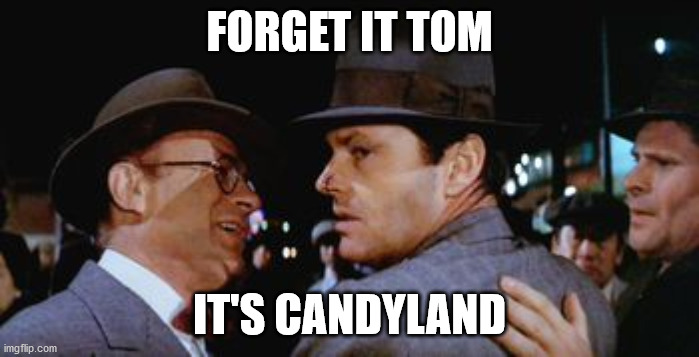Never feed the trolls, they say, but its a fun thread to have, given how the completely BGG gets dominated by the “cult of the new”, so I’ll bite. Before 2008 is too easy, though, so I’ll bite with four timeless designs from before 2000:
Definitely not perfect, but a unique political game that no one else has ever come close to replicating (and not for a lack of trying). For gamers that enjoys political gameplay, there is really nothing that comes close to this delightful contest of achieving pre-eminence in Rome while the game system tries to crush you under the elephant’s foot.
The only game that I have multiple copies of. Card-driven games have become more or less their own genre, but perfection was achieved already with the second of the CDG - Mark Simonitch’s finest hour. Twilight Struggle isn’t even close. Fight me.
Not the best game I have, but definitely one of the most fun. One of the best beer and pretzels games ever made, IMO - I’ve had it along on company retreats almost every time I’ve been on those, and it has always been a success. Shoving an opposing player’s robot into a pit or seeing the perfect plan go wrong is never not going to be fun.
Biggest problem is that some of the reprints have “improved” the game. So much for progress…
It may not be 100% historical, because the game can be brutally unforgiving, but that is also what makes this Butterfield design an extremely tense experience, where every decision counts and you just have to play “one more turn” just to see what happens when you get that Squadron back. Which is one of the reasons why, IMO, this is one of the best solitaire designs ever.
John H. Butterfield also designed Ambush! (mentioned above) and has a strong claim, IMO, to being one of the greatest solitaire boardgame designers of all time. Anecdote: He also designed a little known 1979 game called “Freedom in the Galaxy: The Star Rebellions”. The game was originally intended to be a licensed Star Wars game, but SPI bungled it and it ended up getting rushed out without the license. The game mechanics were pretty clear inspiration for the later rather unique strategy game Star Wars: Rebellion (aka Star Wars Supremacy in the USA) - the computer game which served as the inspiration for FFG’s more recent Star Wars: Rebellion board game.
